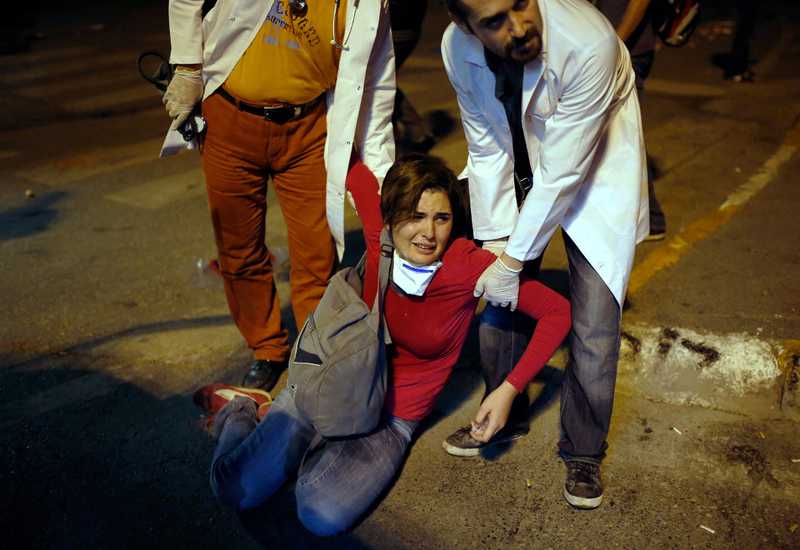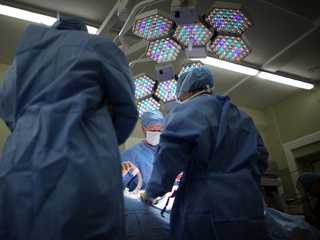According to mind unleashed laughing could dramatically improve your health – and be as good for you as a deep state of meditation, researchers have found.
Studying the effects of the stress hormone cortisol on the brain, the researchers of the Loma Linda University in the U.S. decided to investigate whether laughter could affect its destructive impact on the body.
They found that laughter reduces the negative effects of cortisol and could be used as a therapy, offering a pleasant solution to the patients with hypertension, diabetes or heart problems.
“Things are simple: the less stress one has, the better his memory is,” says Dr. Lee Berk, who took part in the study.“Humor reduces the destructive action of hormones associated with stress such as cortisol, which acts on hippocampal neurons responsible for memory function, and reduces the levels of blood pressure, thus improving our mood” explains the researcher.
“Laughter stimulates the release of endorphins and dopamine in the brain, giving us a sense of satisfaction and reward. These beneficial neurochemical changes, in turn, make the immune system work better,” says Dr. Berk
As shown by the results of the study, laughter causes changes in the brain waves, specifically, gamma waves, which seems to boost memory retrieval processes.
“Laughter leads to the production of brainwave frequencies similar to those observed in people in a meditative state,” adds Dr. Berk.
As part of their study, the scientists showed funny videos lasting 20 minutes to a group of healthy elderly people and a group of elderly diabetic patients. Then they asked the volunteers to complete a questionnaire to assess their skills towards learning, memory retrieval and visual recognition. Finally, the results were compared to those of a control group who had the same age but did not watch the videos.
The researchers went on to measure the levels of cortisol both at the beginning and at the end of the experiment. As a result, they detected a significant reduction in levels of the stress hormone in both groups who had watched the videos and showed improvement in the ability to recall their memories compared to the control group.
Specifically, the largest decline in the levels of cortisol was detected in the case of the group of patients with diabetes, while the members of the group of healthy volunteers showed the highest score in the memory test.
“The findings of our study provide potential clinical benefits that could find application in particular in the case of older people,” says study author Dr. Gurinder Singh Bains.
“Despite the fact that elderly people experience memory problems related to their advanced age, pleasant complementary humor therapy could further help these patients,” concludes the expert.
ABOUT THE AUTHOR
Anna LeMind of www.learning-mind.com – Staff Writer For The Mind Unleashed
Hi, I like learning new things and sharing my knowledge with others! I post science, psychology, self improvement and other related topics. Add me to your circles on Google Plus or follow me on Twitter to stay updated on my new articles.
Sources:
http://www.dailymail.co.uk
Time Magazine






